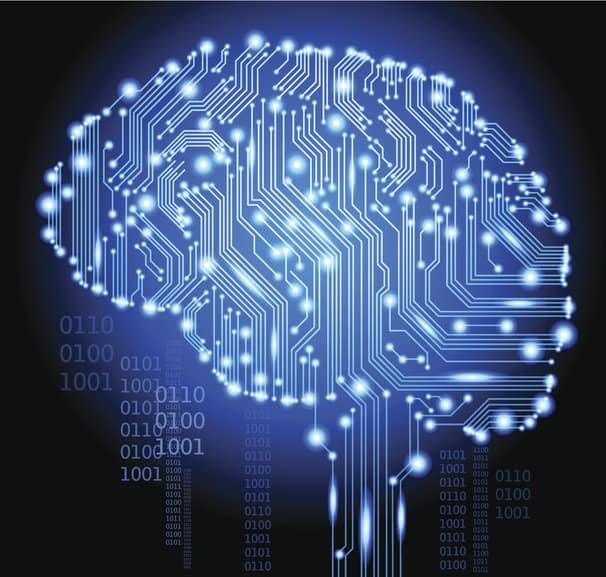Blog
AI: Democratization or Dumbing of Creativity? Pick your Cause | Sherpas in Blue Shirts

The earlier assumption that artificial intelligence (AI) would impact “routine” jobs first is not holding ground anymore. Indeed, we might be deluding ourselves by thinking that the time in which AI could be the most used interface to engage with technology systems is far in the future. But I’m getting ahead of myself. Let’s look at what’s happening today in the creative sector.
IBM Watson was used last year to create a 20th Century Fox movie trailer. Adobe Sensei is putting the digital experience in the hands of non-professionals. Google is leveraging AI with Autodraw to “help everyone create anything visual, fast.” Think about anyone, any one of us, taking a picture and then telling photo editing software what to do. No need to work with complex brushes, paints, or understanding of color patterns.
AI and creative talent
This is scary for creative people such as graphic designers, digital artists, and others who may consider artificial intelligence a job killing replacement of their skills, despite pundits’ claims that it will “augment” human capabilities. Antagonists proclaim that AI systems will at best reduce the overhead with which creative people deal. But removing overhead is just the first step; the next step is surely the creative. More so, AI systems can ingest so much data, and will increasingly rely on unsupervised learning to correlate so many behavioral traits to create compelling creative content that a human creative artist cannot possibly fathom or understand. Thus, these artists will begin leveraging AI systems to create exceptional, “unthinkable” user experiences that have no “baseline” of reference, but soon may be replaced by these very systems.
AI and businesses
Businesses have always struggled to hire highly skilled creative professionals, and have paid through the nose to secure and retain them. That they will be able to leverage artificial intelligence to take charge of creativity to drive messages and communication to their end users, rather than relying on creative experts, will make them extremely pleased. As the intent of most AI systems is to enable non-specialists to perform many tasks by “hiding what is under the hood,” businesses might not need as many specialist human creative skills.
However, despite this seeming upside of AI systems, their under the hood nature will create problems of accountability. The complexity of their deep learning and neural networks will become such that even the teams developing the systems won’t be able to provide answers to specific decisions they make. Thus, if something goes wrong, where should the blame be placed? With the creation team, or with the AI system itself? The system won’t care – after all, it’s just a technology – and the team members will argue that the system learned by itself, far beyond what was coded, and they cannot be held accountable for its misdeeds. This is scary for businesses.
AI and the impact beyond business
Imagine the impact this will have on the society. Although you can track back how any other technological system arrives at an answer, AI systems that are now supposed to run not only social infrastructure but also much our entire life won’t be accountable to anyone! This is scary for everyone.
I don’t want to add to the alarmist scare going on in the industry, but I cannot be blind to successful use cases I witness daily. People will argue that AI has a long way to go before it becomes a credible alternative to human-based creativity. But, the reality is that the road may not be as long as is generally perceived.